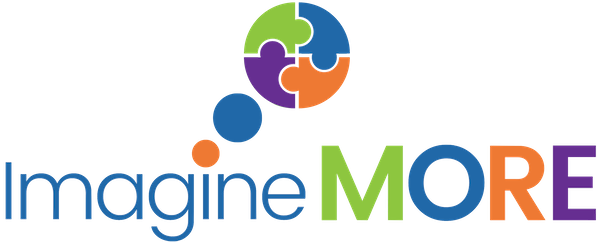Does therapy play a role in a Good Life? And if so, what exactly is that role?

This presentation is for anyone who has ever felt consumed by therapy appointments and wondered if there are ways to apply therapy outside the therapist’s office. It is also for those who have struggled to incorporate their child’s therapy needs into their daily school routine or noticed that their child finds it demotivating, repetitive, boring, or inappropriate for their age and stage in life.
Presenter Anne Keep, who previously worked as an Orientation and Mobility Specialist with Guide Dogs NSW/ACT, worked alongside numerous therapists and noticed that some people enjoyed better outcomes from their therapy sessions than others.
Anne noticed the best results were achieved by therapists who took a role and goal-focused approach rather than only conducting weekly or fortnightly therapist-led sessions in a clinical setting. These therapists could
- integrate therapy seamlessly into the young person’s daily routine,
- recognise and incorporate the child’s experiences and expertise, and
- recognise and utilise the knowledge and expertise of the child’s support network.
In this presentation, Anne uses real-life examples to identify the critical elements of successful therapy. You will see how these elements are universal and can apply to individuals regardless of their goals or support needs.
This session will be valuable for families and anyone working alongside therapists.
